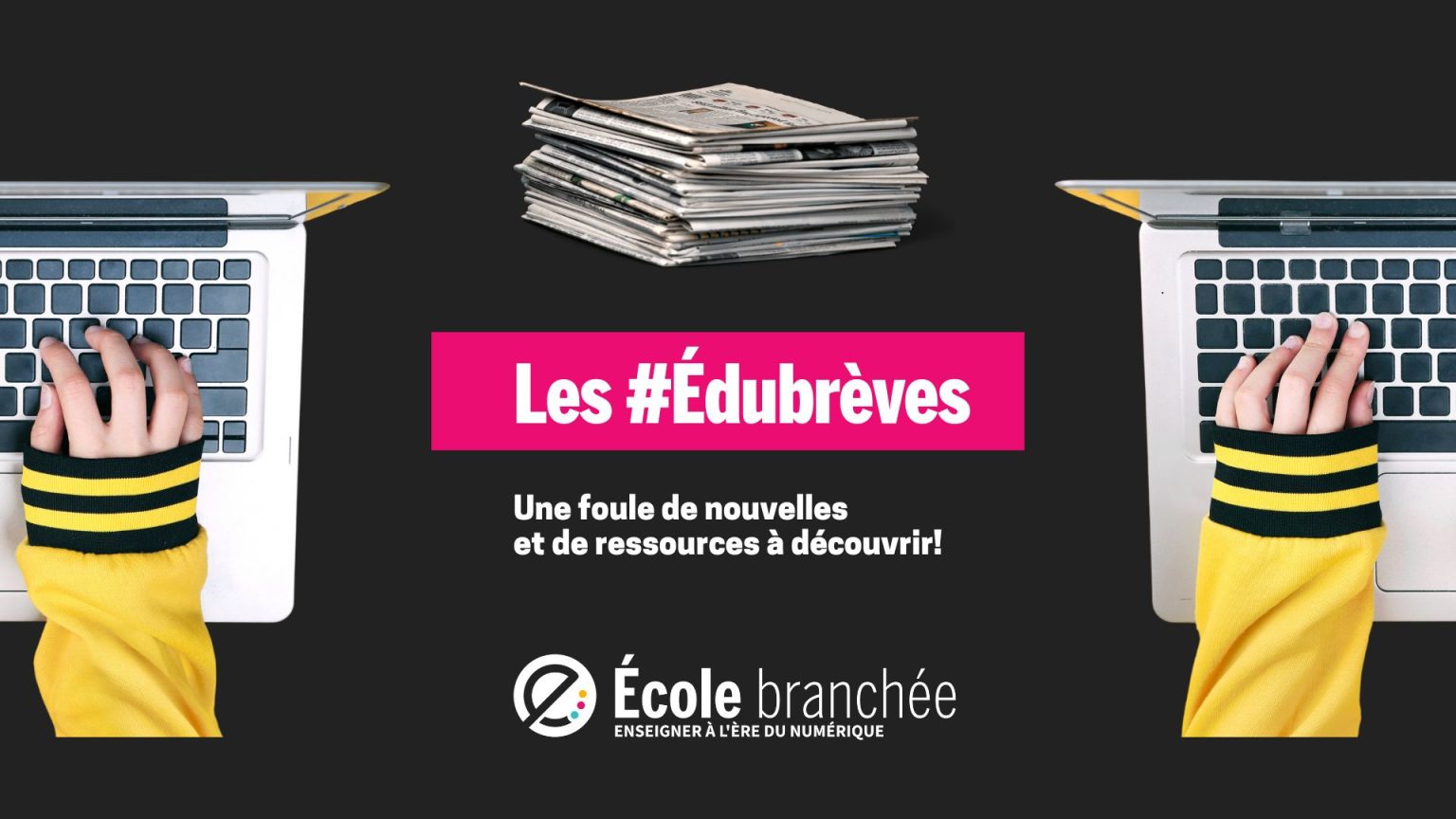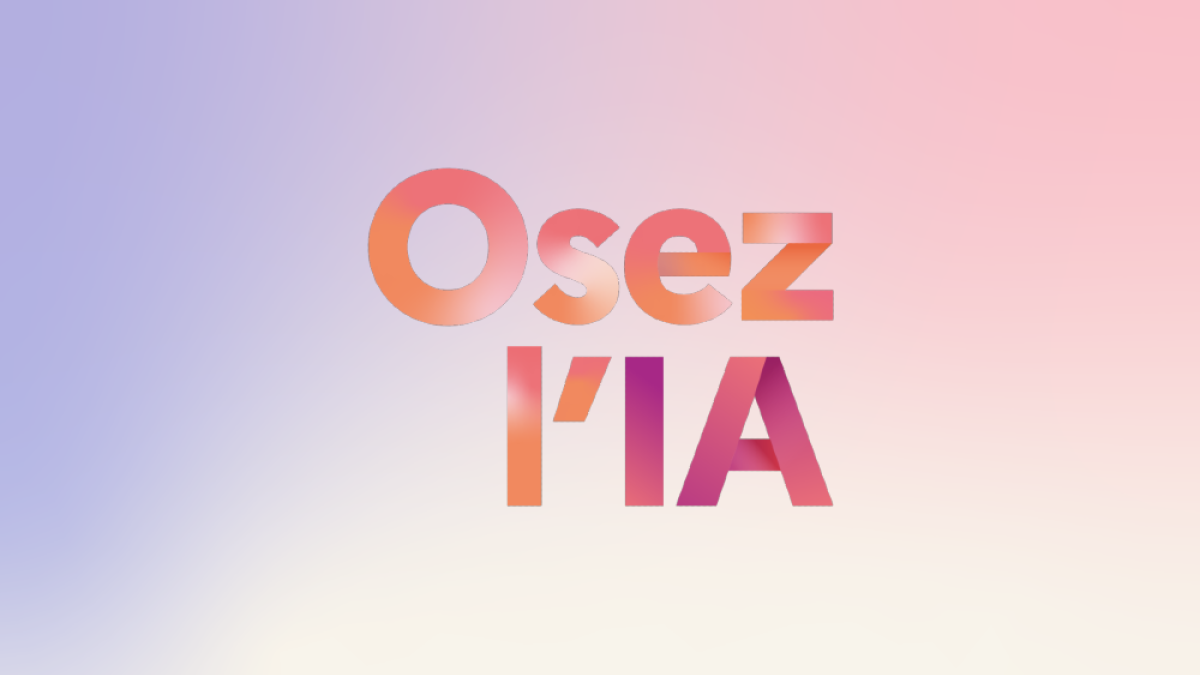Le Musée de la civilisation à Québec accueillera à nouveau cette année une compétition en robotique organisée par les commissions scolaires des régions de la Capitale-Nationale et de la Chaudière-Appalaches, ce vendredi 1er avril entre 9h et 15h.
Plus d’une centaine d’élèves du 3e cycle du primaire et du 1er cycle du secondaire y sont attendus. L’événement constitue le point culminant d’activités d’apprentissage réalisées en classe. Au cours des derniers mois, les élèves se sont notamment familiarisés avec l’utilisation d’un logiciel permettant de programmer et de contrôler un robot. À leur arrivée au Musée, les équipes composées chacune de quatre participants devront modifier la programmation de leur prototype pour tenter de relever les défis proposés. Devant public, ils mettront ensuite à l’épreuve leurs connaissances mathématiques, scientifiques et technologiques.
Voici le déroulement de la journée :
9h : présentation des défis
12h30 : début de la compétition
14h30 : remise des prix
La prise d’images, de photos et d’entrevues est possible, les parents d’élèves ayant signé des autorisations à cette fin. Pour voir les élèves à l’oeuvre et sentir la «fébrilité» de l’activité (programmation des ordinateurs portables par les élèves, manipulation des robots, cueillette de données pour le calcul des distances, etc.), la plage-horaire la plus propice pour les prises d’images et les entrevues est entre 10h et 12h.
Si la couverture de l’activité vous intéresse, vous devez communiquer avec Chantal Ste-Marie pour lui confirmer votre visite.





